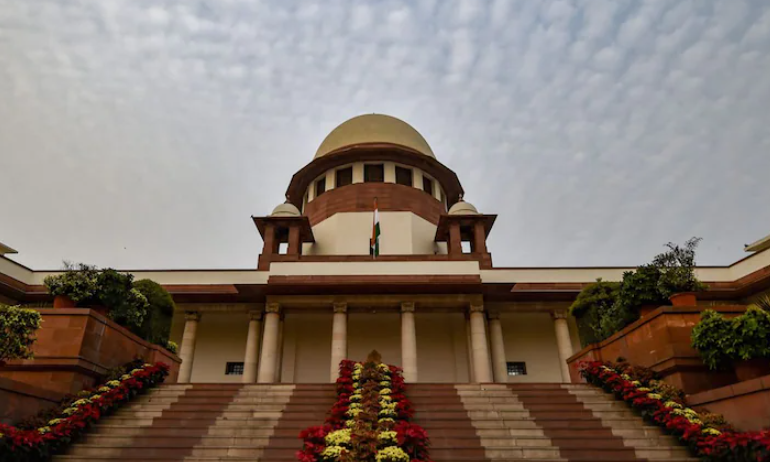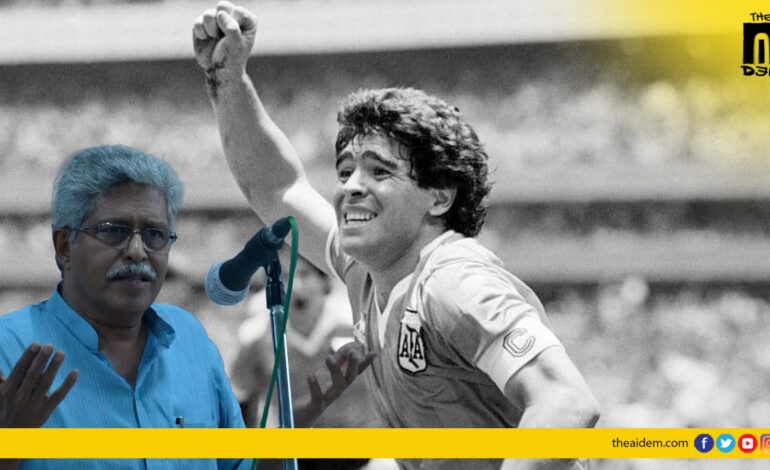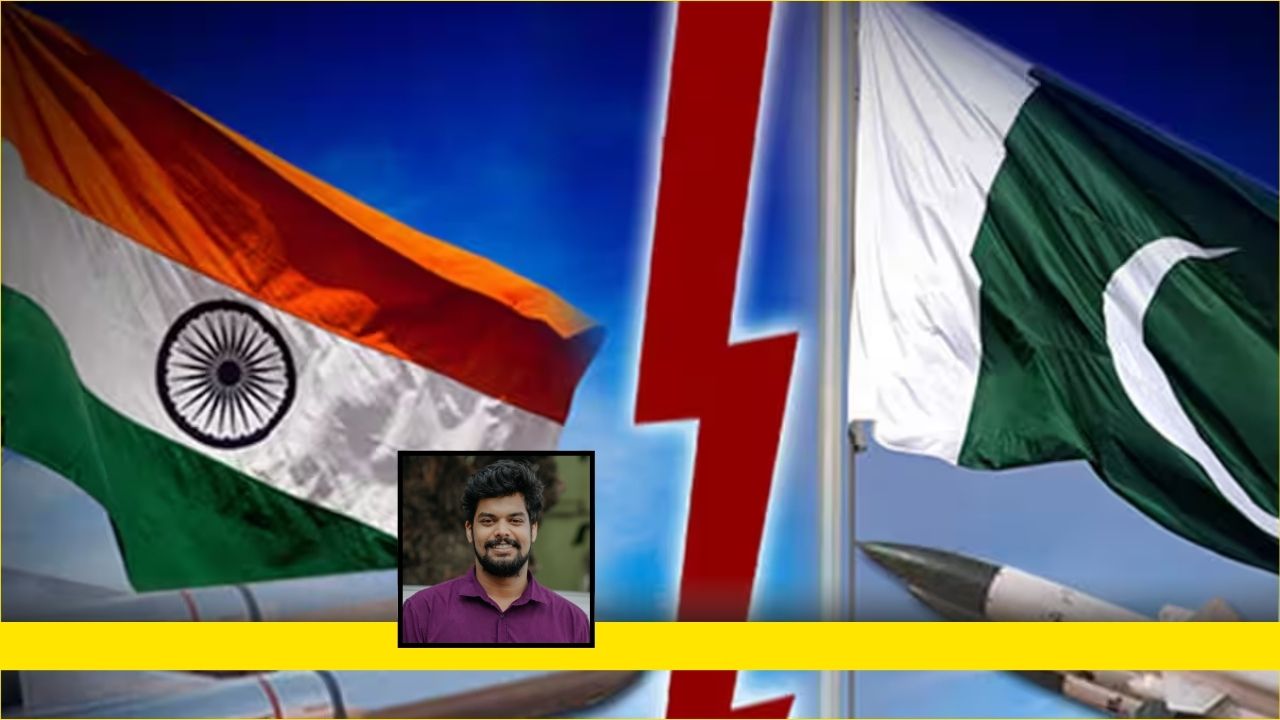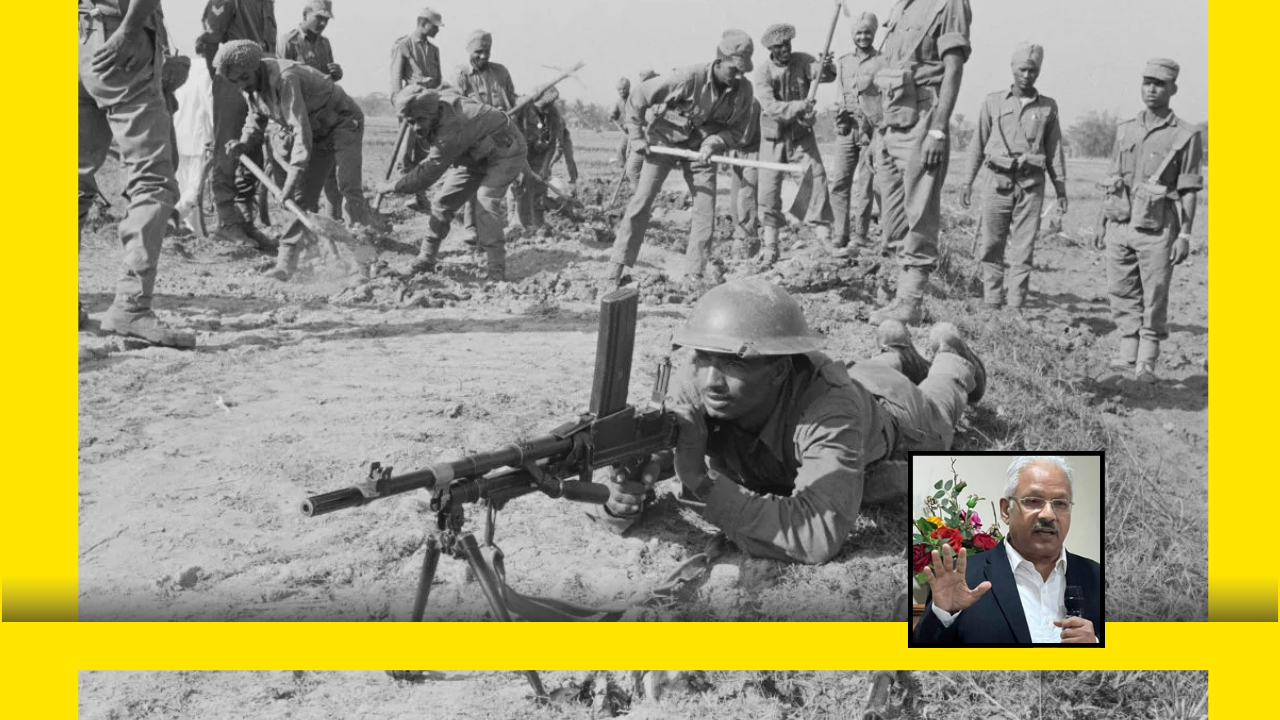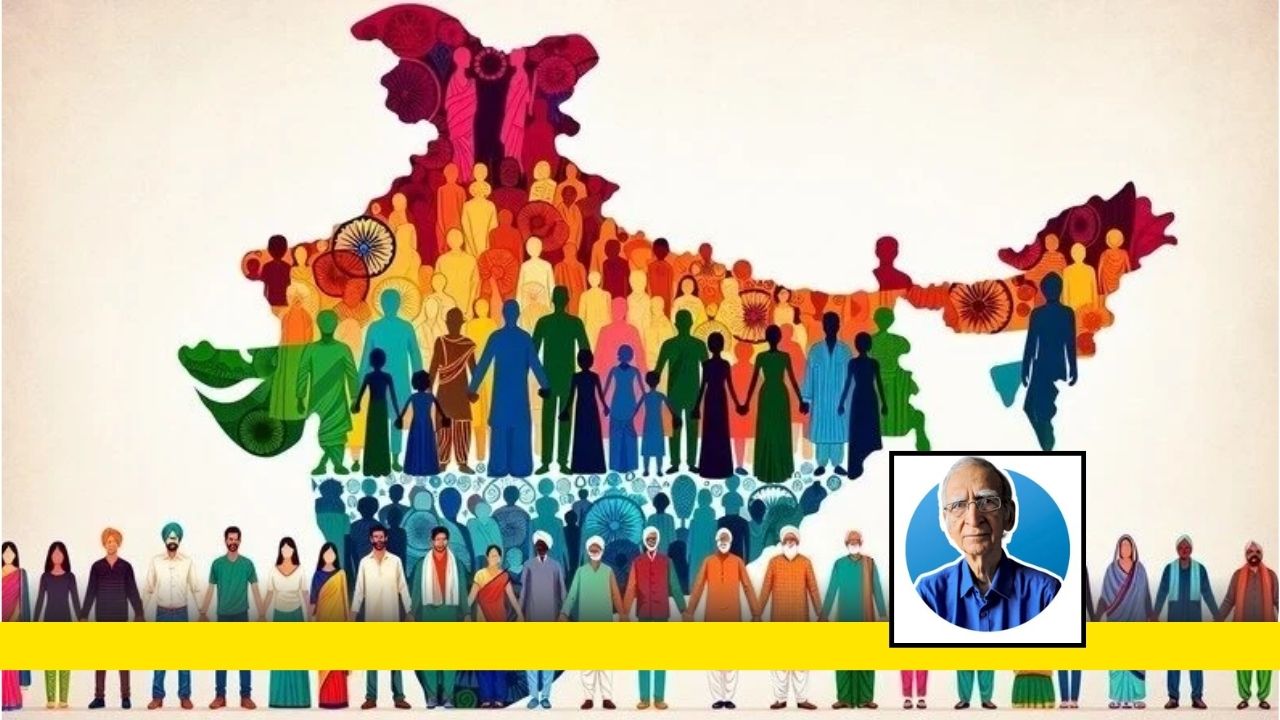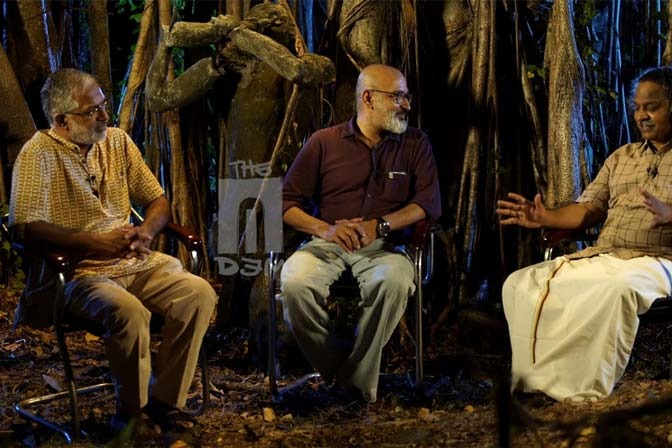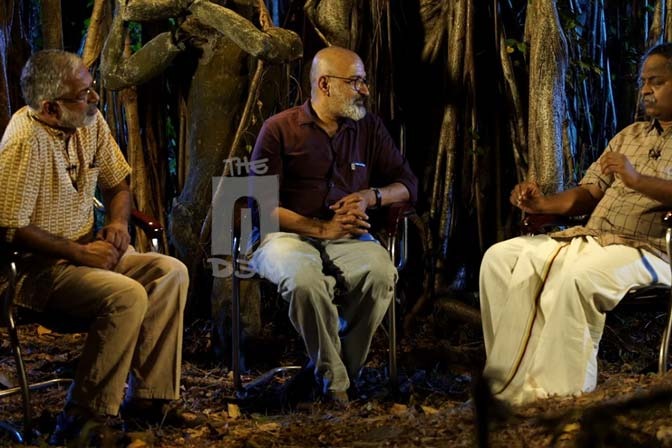Payal Kapadia and All That We Imagine About the Filmmaker
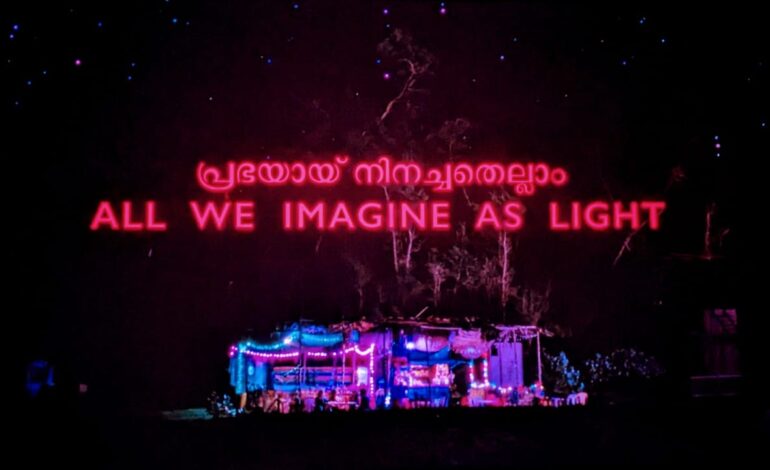
As young debutante filmmaker Payal Kapadia’s Cannes award winner “All We Imagine as Light” is creating waves across India after its theatrical release in the third week of November, senior film writer Shoma A Chatterjee caught up with her to talk about the film as well as the larger motivations of the director. Shoma finds out that there is more to Payal than meets the eye and the interview too underscores this.
If you are meeting Payal Kapadia for the first time, she would come across as a young, sprightly woman with a sweet, simple smile. But as you spend more time with her and start to talk about her life and art you realise that she is neither sweet nor simple. And all of a sudden you remember that old saying; appearances are indeed deceptive.
We – both connoisseurs of good cinema and the mere consumers of everyday news from different sources – know Payal as the girl who took everyone in the film world by surprise when her debut feature All We Imagine As Light became the first Indian film to play in competition at Cannes in 30 years. Our sense of surprise intensified when the movie also became the first to win the festival’s coveted Grand Prix, deemed to be the Cannes silver medal.
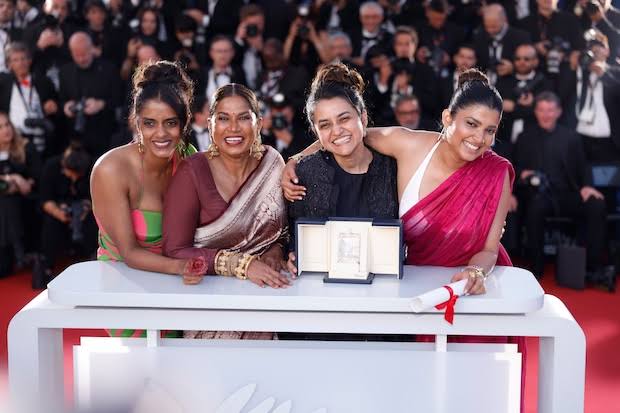
But Payal is not as sweet as she looks. She is a gutsy young girl who, in 2015, was among the 35 students arrested for protesting against the Narendra Modi led Bharatiya Janata Party (BJP) – National Democratic Alliance (NDA) government’s choice of a new FTII chairman. The arrests took place on day 68 of a nearly 5-month demonstration against the government’s appointee, the actor-turned-politician Gajendra Chauhan. Chauhan, as most of us know, got this coveted position owing to his deep connections with the BJP.
Kapadia was later stripped of her scholarship and the chance to participate in a foreign exchange program. She managed to complete her education. Later, the FTII supported her travel to Cannes in 2017.The FTII even got around to financially support her travel to Cannes in 2017, along with her short film, Afternoon Clouds. But this does not take away from the fact that the criminal case against her, and against several dozen fellow students, remains open.
After the recent release of “All We Imagine As Light” across Indian screens, Kapadia opened up to the Press. Even as she welcomed the media interactions including one-to-one interviews she requested all, rather sternly, that the questions remain confined to her film. However, I was lucky and got Payal to talk not just about All We Imagine As Light but her oeuvre as a whole, including her experience as a documentary and docu-feature filmmaker. Excerpts from the interview.
Shoma A Chatterjee: Tell us a little about your choice in filmmaking, especially your earlier docu-feature shot in Black-and-White called the Night of Knowing Nothing.
Payal Kapadia: It is a dramatized story set against the very real backdrop of the student protests at FTII, which the film chronicles in vivid detail. This film also debuted at Cannes in 2021, where it premiered in the Directors’ Fortnight section, and won the L’Œil d’or award for Best Documentary. Since I tend to make films on the margins of India’s movie industries, telling stories that directly rebuke India’s political institutions, I need to seek funding from non-mainstream sources. Sometimes, it comes from international sources that support independent cinema. Much of it is French. I have sort of gravitated towards marginal people or the issue of marginalization of people so getting funding from Indian producers is a big question.
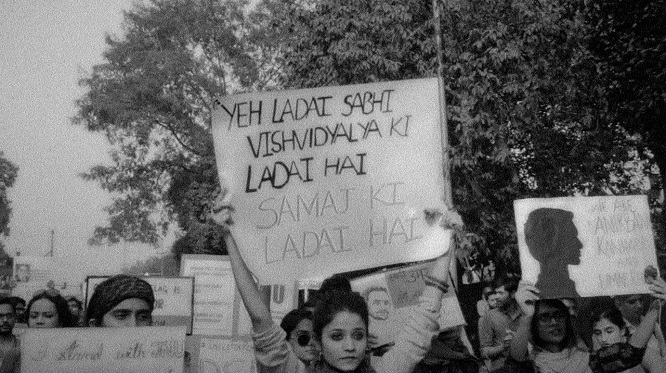
SAC: What was the trigger that drove you to this very unusual story that we see in “All We Imagine as Light” is?
PK: When I was in the final year at the FTII, a family member was admitted for treatment in a hospital. I visited the hospital everyday and noticed how tough it was for the nurses to work and also lead their lives because so many of them come to the city from different corners of India to Mumbai. I had felt that I should make a film on many such nurses uprooted from their native homes as they come in search of a livelihood.
SAC: How did you decide on the casting?
PK: I had decided to cast Kani Kusruti as Prabhawhen even as I began to write the story. And having watched Chhaya Kadam’s performance in a Nagraj Manjulefilm in Marathi I instantly became her fan. When I began to work with her, I realized that she had similarities with the character she was portraying. She had a clear picture of the background of the character of Parvati. She too originally belonged to Ratnagiri, a noted seaside town in Maharashtra but lived in a Mumbai suburb now. She had vivid knowledge of people who lived in coastal areas and the importance of aqua beings like fish and crab. And as for Divya Prabha, who plays Anu in my film,I discovered her in a film I had watched on Netflix, in which, right through the film, she wore a face mask and emoted only through her eyes.
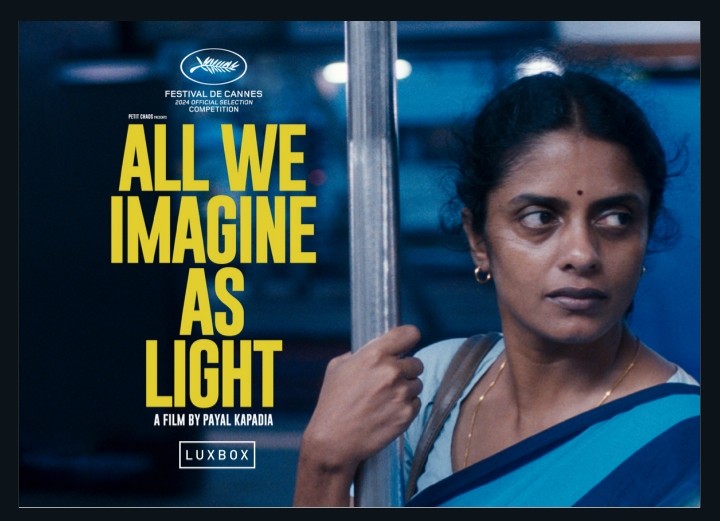
SAC: All We Imagine as Light is now commercially released in Indian theatres. What are your expectations from the box office?
PK: For filmmakers like myself, this very concept of the box office is extremely challenging. It is so very difficult to get a producer willing to produce my kind of film. I do not have any facebook presence at all. So, the very fact that people are spending money to buy tickets just to watch my film is a very happy situation to be in.
SAC: What was your initial reaction when you heard your film had won the Grand Prix at Cannes?
PK: I was informed by someone from the organizers’ side that I was winning a prize. But he had not said which prize and for what exactly. I have heard stories of winners actually having gone home without taking the award they had won. So, I was not surprised either way. Of course, this is a great, great honour for the entire team. When those whose films I had grown up on were announcing the prize, I almost fainted with joy.
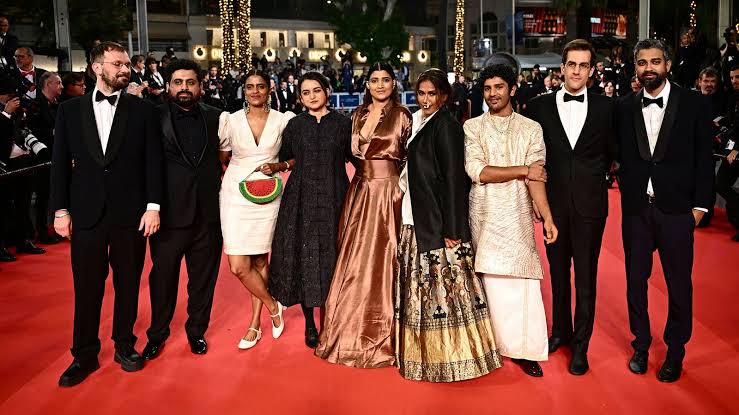
SAC: In one scene, we see Anu removing her top and exposing herself in front of the camera. How did the CBFC pass the scene without a single cut?
PK: This was indeed a big surprise for all of us. I had not the faintest idea about how to approach the censors if they decided to snip that scene. I had also prepared a longish speech to deliver if needed. Thankfully, nothing of the sort happened and the shot remained.
SAC: Among those who have watched your film, there is a stream of negative comments too, especially about your projection of marginal people, their poverty and their life stories. How do you react to these comments?
PK: All creative people have to face this at one time or another. You want to present a particular perspective. But some react to this with their own interpretation which may be completely different from yours. Not everything is under our control, right? Yet, as a director, I will always try to project my own thoughts and my film will put forth my personal feelings and thoughts about women, I being a woman myself. If people interpret my thoughts expressed through my film differently, I cannot help it, can I?
SAC: Unlike the macho, muscled heroes in mainstream cinema, the men in your film are depicted in a low and very subtle key. May I ask why?
PK: Well, I feel that often, even men are victims of patriarchy. The gender discrimination our society is ruled by does not benefit anyone. My film does not deal with a single male character from among those who are responsible for this discrimination so they are completely absent from my film. I have personally witnessed while meeting many women before beginning to work on the film, that there are wives whose husbands are working in Dubai or elsewhere, women whose fathers-in-law back in the village do not allow them to wear even the salwar kameez forget about jeans and tees. Beginning with costumes and ending with contraception, the entire responsibility is vested with women. That is why these small bytes appear in my film. For instance, Anu is not afraid to date a Muslim boyfriend or wear Western attire or buy a burkha even if it is for once. She is afraid of going back to her village to get married to a boy of her parents’ choice.
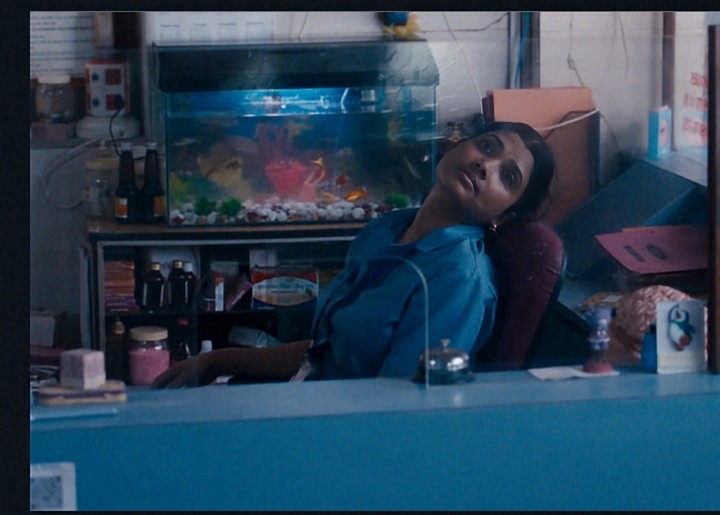
SAC: What is your response to Laapata Ladies joining the Oscar Race?
PK: I am very happy despite many stories and gossip that floats around about the Oscar race among Indian films. But it is certainly heartening that woman’s voice is finally getting heard. It does not matter whether it is my film or Kiran Rao’s or RimaDas’ or Sandhya Suri. We are all women, aren’t we? And that’s what is important for me.
And on that note, we part.
Watch the trailer for the movie, here.
To read the full press statement from Cannes, click here


